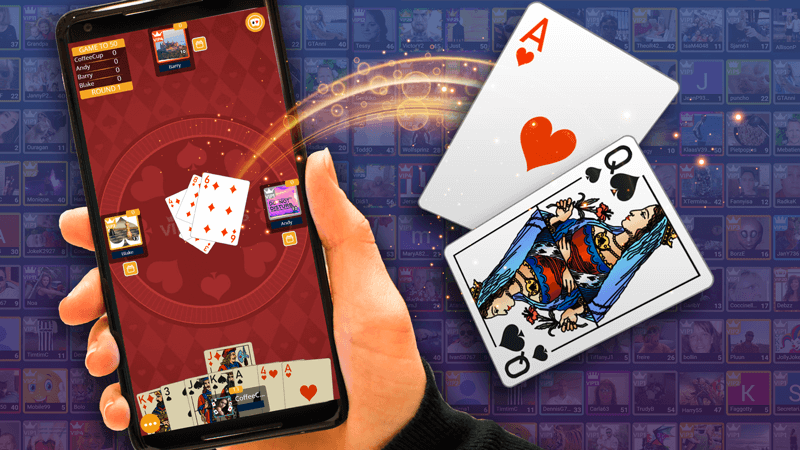In the past few decades, online gaming has transformed from a niche hobby into a global phenomenon. With millions of players engaging in various genres and formats, the industry has evolved rapidly, shaping not only entertainment but also social interactions, economic landscapes, and technological advancements Megaxwin. This article explores the evolution, current trends, and future implications of online games.
The Early Days: From Text-Based Adventures to Graphical Interfaces
The journey of online gaming began in the late 1970s and early 1980s with text-based games like MUD (Multi-User Dungeon), which allowed players to explore virtual worlds through text commands. As internet access became more widespread in the 1990s, graphical interfaces emerged, giving rise to massively multiplayer online games (MMOs) such as Ultima Online and EverQuest. These games created vast virtual worlds where players could interact, compete, and collaborate, laying the groundwork for the online gaming community.
The Rise of Casual and Mobile Gaming
As technology advanced, so did the accessibility of online games. The introduction of smartphones and mobile apps revolutionized the industry, making gaming accessible to a broader audience. Casual games like Candy Crush Saga and Angry Birds attracted millions of players who previously had no interest in traditional gaming. This shift has led to a significant increase in the number of gamers, diversifying the demographic and expanding the market.
Competitive Gaming and eSports
In recent years, the rise of eSports has taken online gaming to new heights. Competitive gaming tournaments, with massive cash prizes and sponsorships, have attracted professional players and dedicated fans alike. Titles such as League of Legends, Dota 2, and Counter-Strike: Global Offensive have garnered millions of viewers, turning gaming into a legitimate spectator sport. eSports events fill arenas, and live streams attract huge online audiences, demonstrating the cultural significance of competitive gaming.
Social Interaction and Community Building
One of the most profound impacts of online games is their ability to foster social interaction and community building. Players from diverse backgrounds can connect, communicate, and collaborate in ways that transcend geographical boundaries. Online platforms and forums have become spaces for friendship, teamwork, and shared experiences. The social aspect of gaming is further enhanced by features like voice chat and in-game events, creating a sense of belonging among players.
The Impact on Mental Health and Well-Being
While online gaming has many positive aspects, it also raises concerns regarding mental health and well-being. Excessive gaming can lead to addiction, social isolation, and other negative consequences. However, when approached responsibly, gaming can offer benefits such as stress relief, cognitive skill development, and improved problem-solving abilities. The key lies in balancing gaming with other aspects of life and promoting healthy gaming habits.
Future Trends: Virtual Reality and Beyond
As technology continues to evolve, the future of online gaming promises exciting innovations. Virtual reality (VR) and augmented reality (AR) are set to revolutionize the gaming experience, allowing players to immerse themselves in lifelike environments and interact with the virtual world in unprecedented ways. Moreover, advancements in artificial intelligence (AI) are likely to create more dynamic and responsive gaming experiences, enhancing player engagement and personalization.
